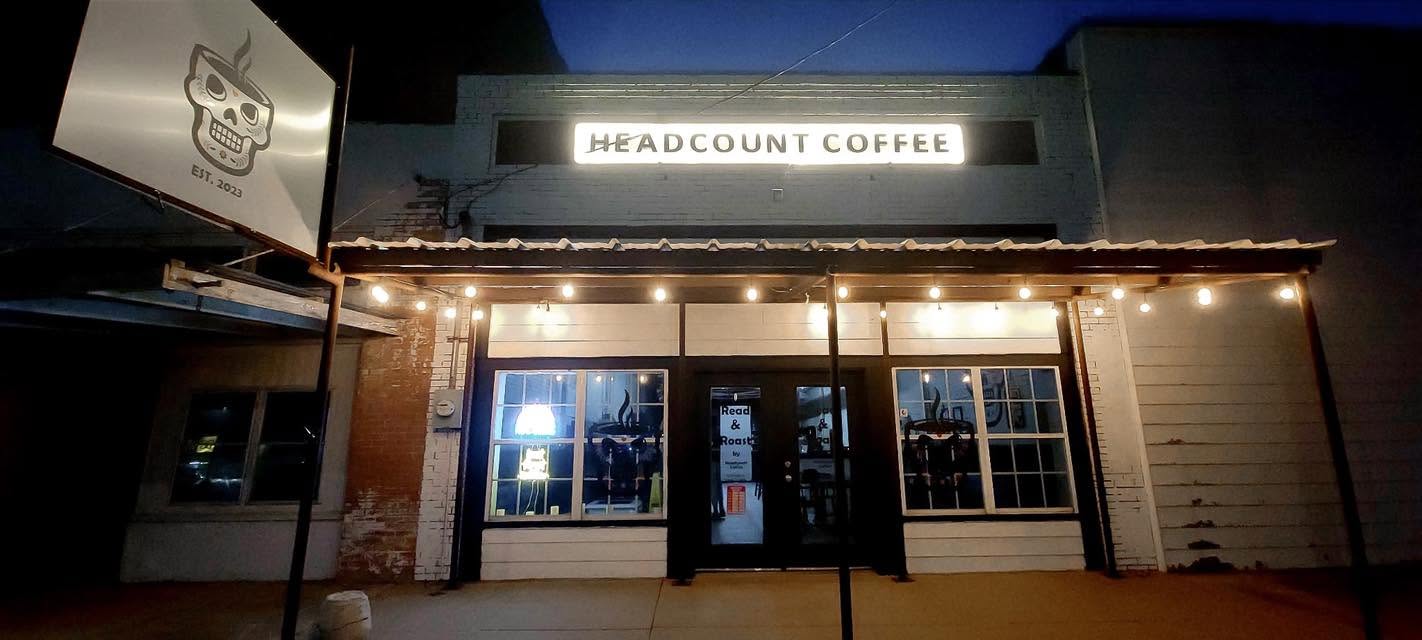In 1997, a tragedy at a Starbucks in Georgetown, Washington D.C., shocked the world and forever changed how coffee shops viewed safety. The event, often remembered simply as the Starbucks murders, became a wake-up call that even the most ordinary community spaces weren’t immune to violence.
Nearly three decades later, that lesson still echoes through cafés everywhere. From large chains to small independent roasters, safety isn’t just about locked doors or cameras — it’s about creating a sense of belonging, awareness, and care.
From Fear to Awareness
Back then, coffee shops were still finding their identity as “third places”, not home, not work, but something in between. The Georgetown tragedy exposed how fragile that sense of comfort could be. In response, companies began introducing safety training, cash-handling protocols, and new store designs meant to protect both customers and employees.
Today, safety takes on a broader meaning. It’s not only physical, it’s emotional. It’s how a customer feels when they walk through the door, how employees feel supported behind the counter, and how a community feels welcomed inside.
Modern Coffee Culture and the Human Element
The best coffee shops understand that safety starts with people, not policies. Training baristas to handle difficult situations with calmness and empathy can make as much difference as any camera system.
Good lighting, open sightlines, and thoughtful store design help create spaces that feel safe without feeling sterile.
At Headcount Coffee, we see this every day, a warm greeting, familiar faces, and conversations that remind people they’re part of something local, something human. It’s about awareness, presence, and care in every detail, from how we prepare drinks to how we treat one another.
Building Trust Through Community
True safety isn’t built on fear, it’s built on trust.
When people know their local coffee shop gives back, supports its community, and treats everyone with respect, that trust becomes a layer of protection all its own.
Through our partnerships, local fundraisers, and programs like our Leon Mug initiative — where 100% of proceeds go to the local food pantry — we’re reminded that safety is tied to connection. When communities look out for one another, everyone becomes safer.
What We’ve Learned Since 1997
The Georgetown Starbucks murders remain a heartbreaking chapter in coffee history, but they also sparked a new awareness that continues to evolve. Coffee shops have grown into gathering places that blend comfort, connection, and mindfulness.
We carry that belief forward every day, that every customer should leave not only with a great cup of coffee but also with a sense of calm and belonging.
Want to know the story that started it all? Read our feature on The 1997 Starbucks Tragedy: A Crime That Shook Washington D.C.

0 comments